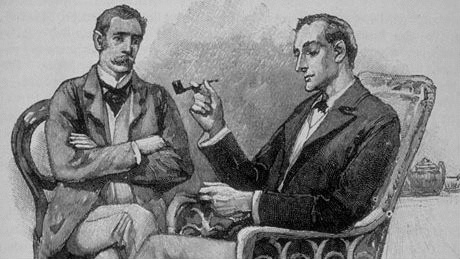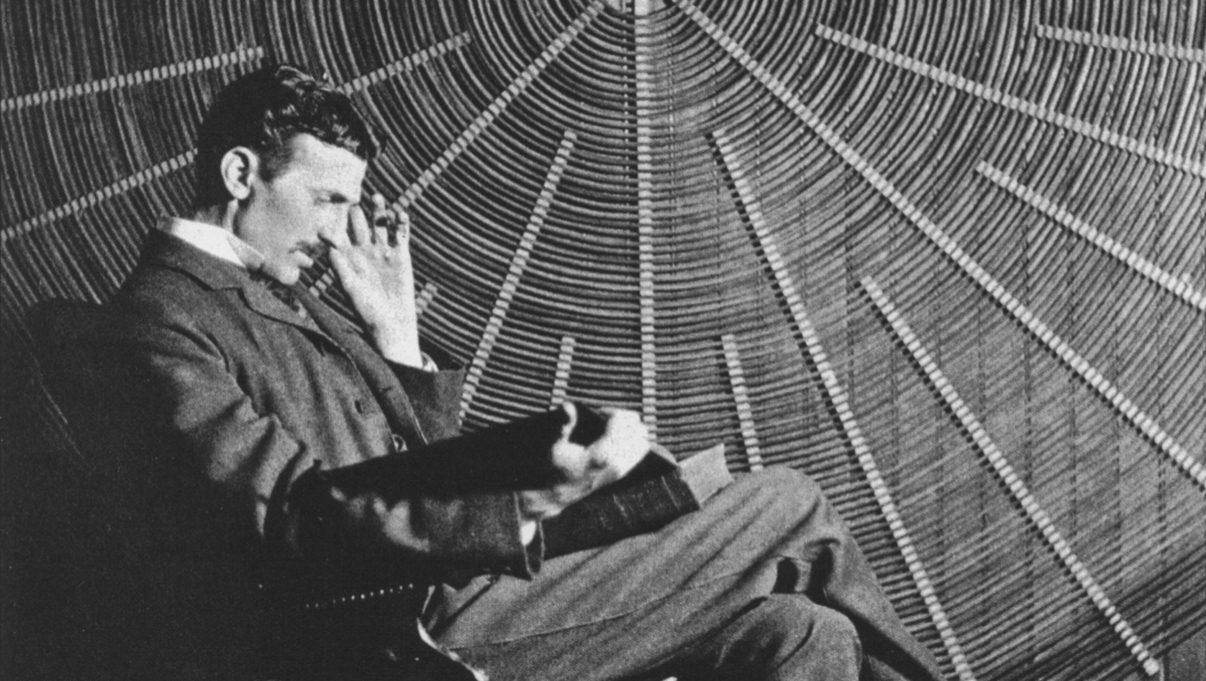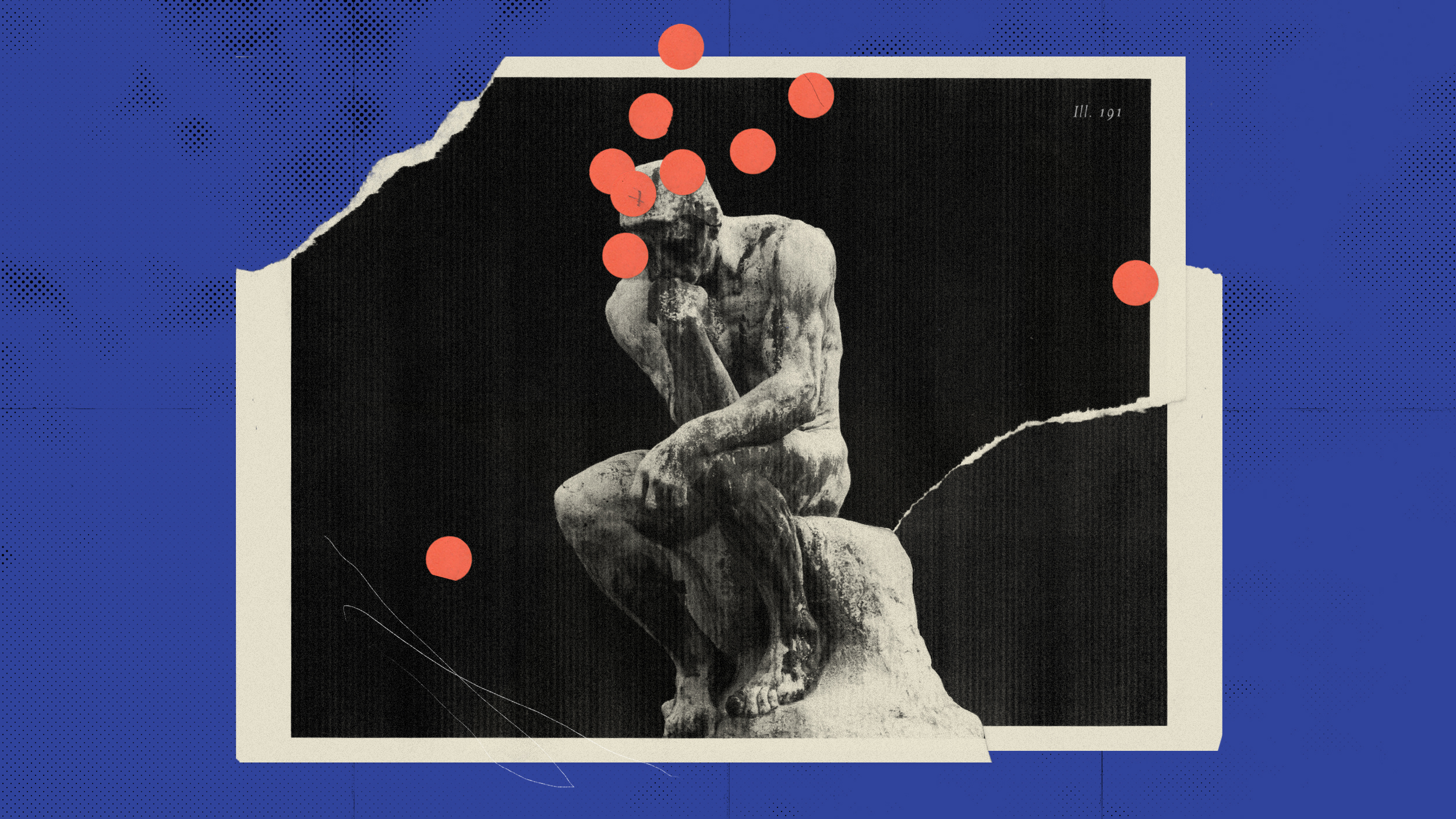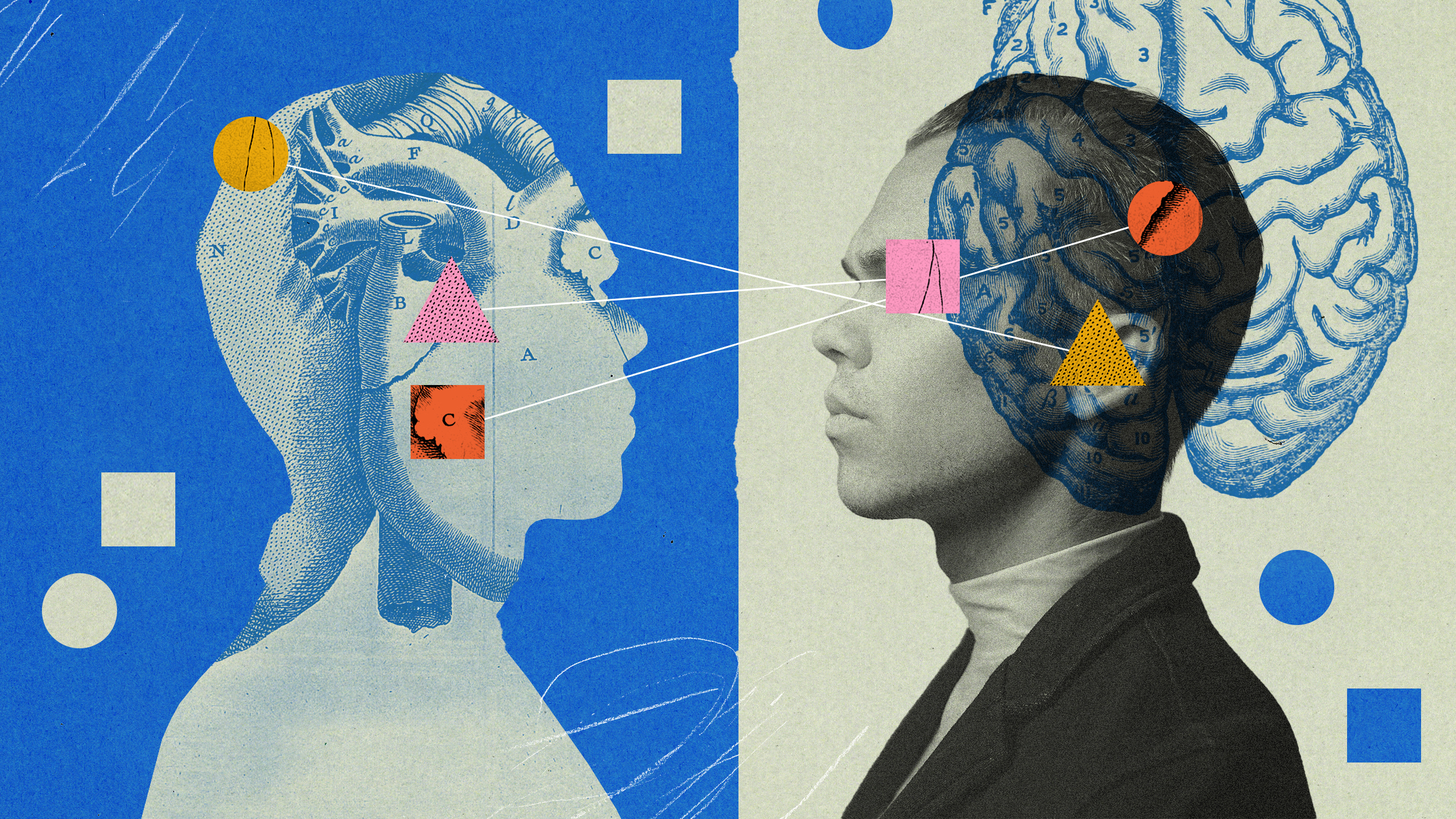Don’t just see; observe: What Sherlock Holmes can teach us about mindful decisions

Sherlock Holmes isn’t what you’d call a traditional psychologist. In fact, he isn’t even real (despite the letters that to this day arrive at 221B Baker Street). But we’d be well advised, as decision makers who want to gain better insight into our minds and the processes that lie behind our choices, to take a few pages from the playbook of Arthur Conan Doyle’s creation.
Sherlock Holmes teaches us to be constantly mindful of our surroundings
When I was little, my dad used to read us Sherlock Holmes stories before bed. While my brother often took the opportunity to fall promptly asleep on his corner of the couch, the rest of us listened intently. I remember in particular one story that has stayed with me. Not the whole story, actually, but one exchange that caught my attention.
In “A Scandal in Bohemia,” Holmes instructs Watson on the difference between seeing and observing:
“When I hear you give your reasons,” I remarked, “the thing always appears to me tobe so ridiculously simple that I could easily do it myself, though at each successiveinstance of your reasoning, I am baffled until you explain your process. And yet I believe that my eyes are as good as yours.”
“Quite so,” he answered, lighting a cigarette, and throwing himself down into an armchair. “You see, but you do not observe. The distinction is clear. For example, youhave frequently seen the steps which lead up from the hall to this room.”
“Frequently.”
“How often?”
“Well, some hundreds of times.”
“Then how many are there?”
“How many? I don’t know.”
“Quite so! You have not observed. And yet you have seen. That is just my point. Now,I know that there are seventeen steps, because I have both seen and observed.”
The exchange really shook me. Feverishly, I tried to remember how many steps there were in our own house, how many led up to our front door (I couldn’t). And for a long time afterward, I tried to count stairs and steps whenever I could, lodging the proper number in my memory in case anyone ever called upon me to report. I’d make Holmes proud (of course, I’d promptly forget each number I had so diligently tried to remember – and it wasn’t until later that I realized that by focusing so intently on memorization, I’d missed the point entirely and was actually being less, not more observant).
What it means to go beyond seeing and to actually observe
Conan Doyle’s Holmes had taught himself to observe on a regular, almost superhuman basis. For him, taking note of the myriad inputs from his surroundings was a matter of course. He was never not observing, never not in touch with his environment. He had mindfulness down to an art. Most of us aren’t as careful.
Our senses—and here I don’t just mean vision; I mean all of them, touch, hearing, smell, taste—are powerful forces. Every day, countless items, some glanced, or heard, or felt, or smelled only briefly—perhaps without ever registering in our consciousness—affect our minds and play into our decisions. But for the most part, we don’t pay attention; and we fail to realize what it is that is guiding us at any given moment – or fail to note something that would have made a crucial difference to our decision calculus.
Most of us are lucky to have eyes that, like Watson’s, are every bit as good as Holmes’s. Ditto the rest of the senses. But so often, we squander them. We block ourselves off from the world, armed with headphones, dark glasses, eyes that look straight ahead and hurry on to their destination as quickly as possible, angry at the slightest interruption. How much do we miss that would actually make a difference, that continues to affect us even though we don’t realize it’s doing so? I’ve already written about the potential of smell to do just that, but the same holds for every single one of the senses we take for granted.
Using our senses to increase mindfulness
We and our decisions both would be well served to take some of the famed detective’s advice, to go beyond seeing and into the realm of observing. Take note of what’s around you. Take note of how or why it affects you. You might not turn into an expert crime solver, but I guarantee, you’d be surprised at the difference it can make to the quality of your life and your decisions.
To be mindful is to be aware. To observe, not merely to see, with our eyes, as well as the rest of our senses. That’s why, over the next few weeks, I’ll be devoting several posts to the interaction of our senses and our minds, exploring how each sense can affect our brains and our choices, in order to foster a greater awareness of the constant interplay between ourselves and our environment and an understanding of how that interplay can help us become more mindful decision makers.
[photo credit: Sidney Paget’s original 1891 illustration of Holmes and Watson, from the Strand magazine. Photograph: Time Life Pictures/Getty Images]





